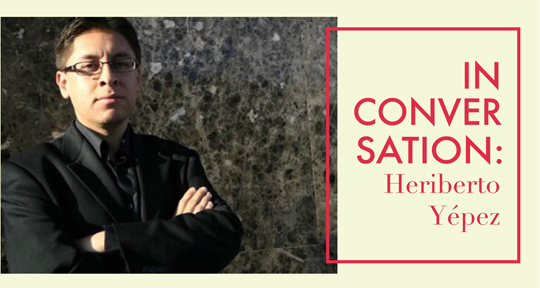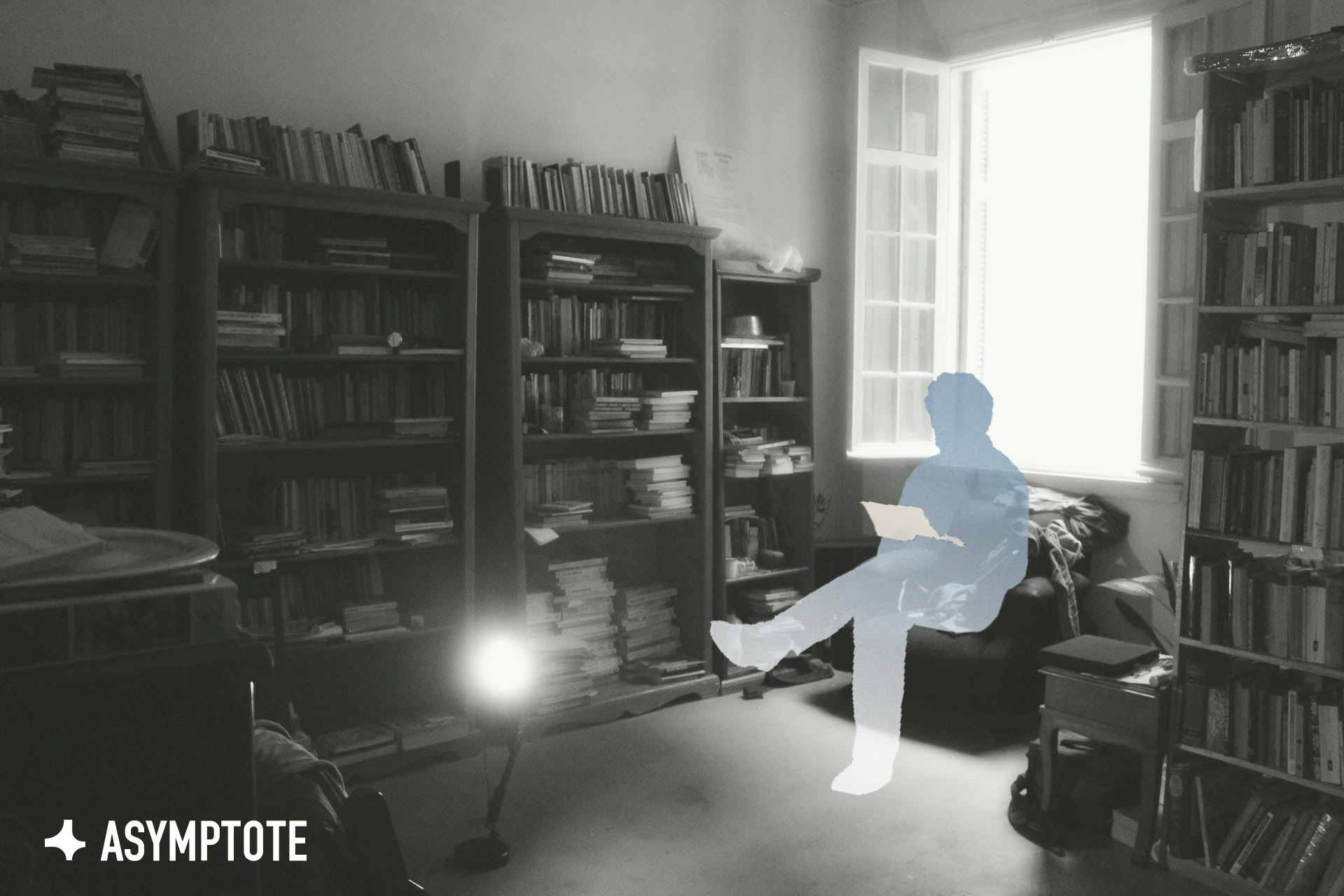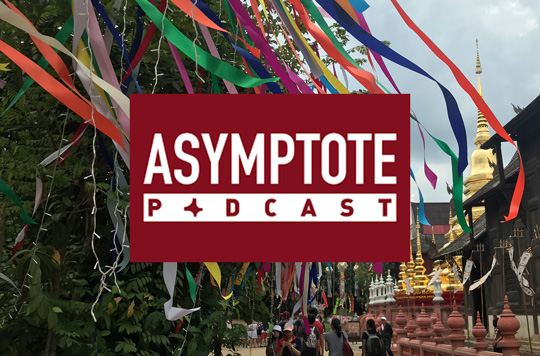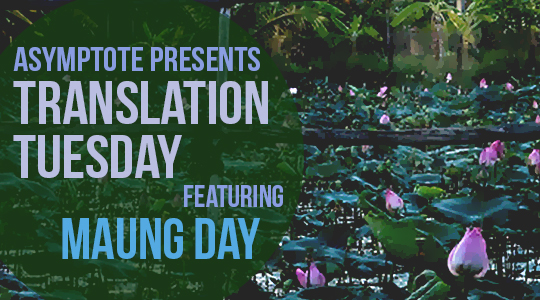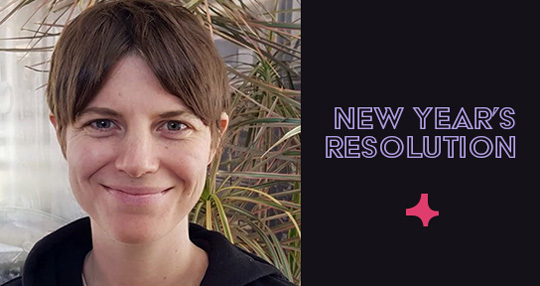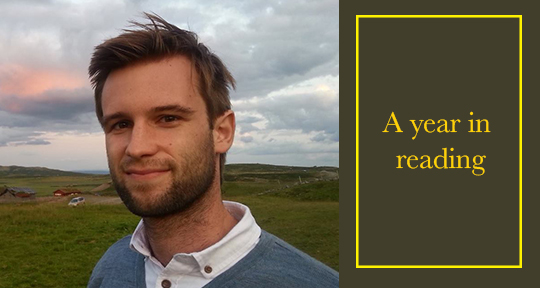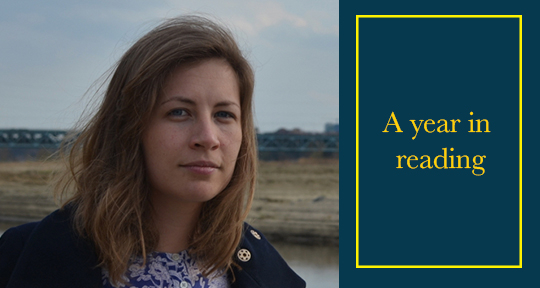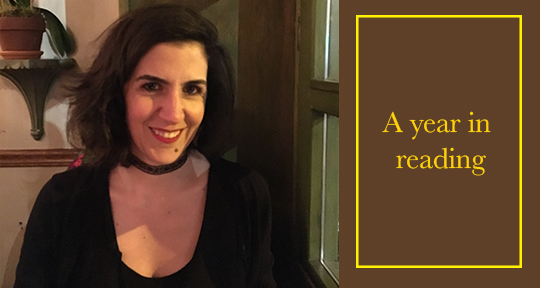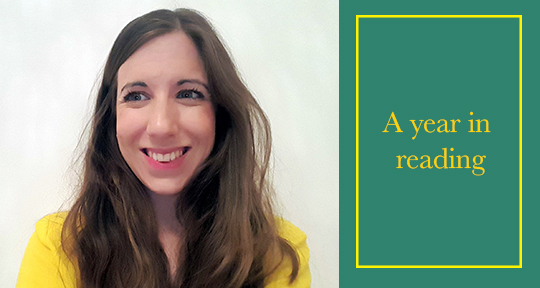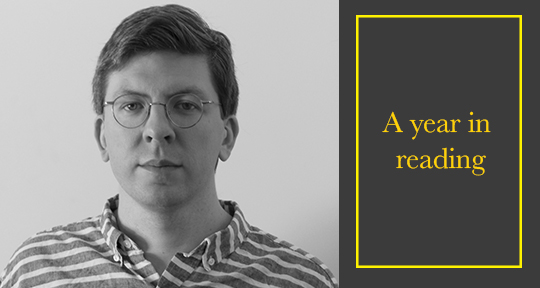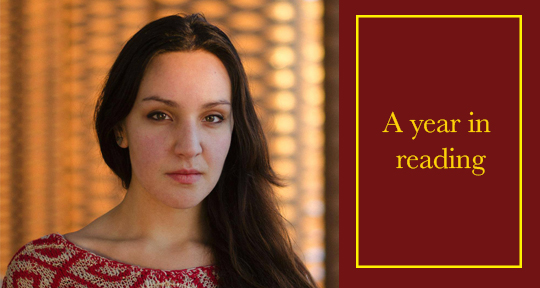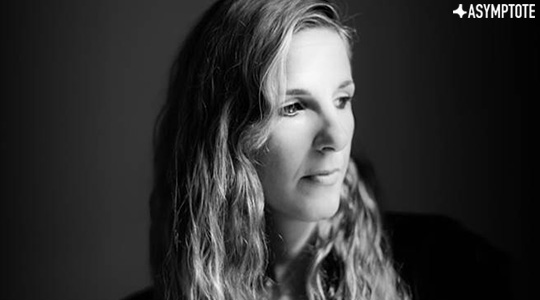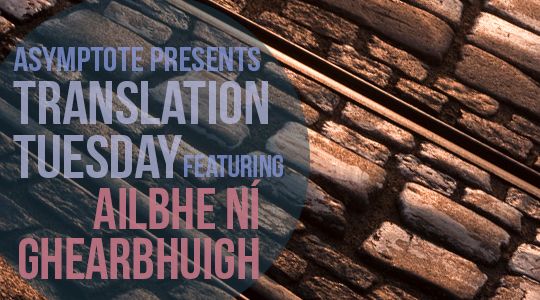I am not experimental
By Will.
English is not my mother
I cannot be but experimental
Inside Empire.
— “2001”
If an interview is a polite conversation wherein the interviewer thoughtfully poses questions and the interviewee eagerly answers, not unlike a racquet sports match, a (counter)interview is closer to an audacious conversation in which words are thrown like knives at a spinning reader.
A regular interview won’t do, especially if the knife-thrower is none other than Heriberto Yépez. Yes, his name is struck out, indicating recently deleted information, in this case, traditional authorship.
Yépez was born in Tijuana, the world’s busiest land border crossing, in 1974. During his teens, he worked in a maquiladora and later studied under German philosopher Horst Matthai Quelle. Since the early 90s, Yépez has been on the frontline of experimental writing and radical politics on both sides of the border.
His ruthless criticism has brought him admirers and detractors in English and Spanish. Controversies include the Olson Affair, in which Il Gruppo (Benjamin Hollander, Amiel Alcalay, et. al.) accused him of deliberately misreading Charles Olson in The Empire of Neomemory (ChainLinks, 2013), and regular Twitter-based confrontation with members of the American and Mexican cultural establishments.
When his weekly column of cultural journalism, Archivo Hache, was shut down, he finished off by saying: “I was critical in all directions. If I did not critique someone, I apologize for the oversight.” Ever since, Heriberto has favored blogs, social media, and other alternative options to traditional publishing. Last year, he worked on Mexiconceptual, a month-long project that involved him posting a different poem reflecting on the museum as an institution every day on a website. The texts would disappear 24 hours after being displayed and could only be read afterward through links shared on social media. It is now available in book form.

